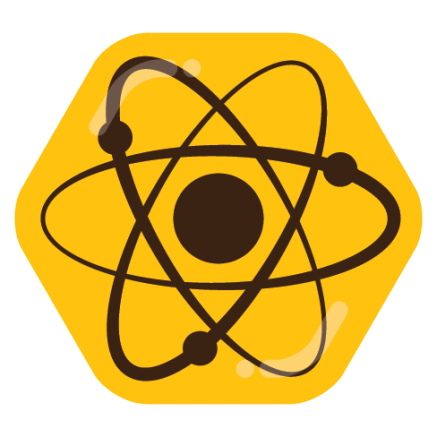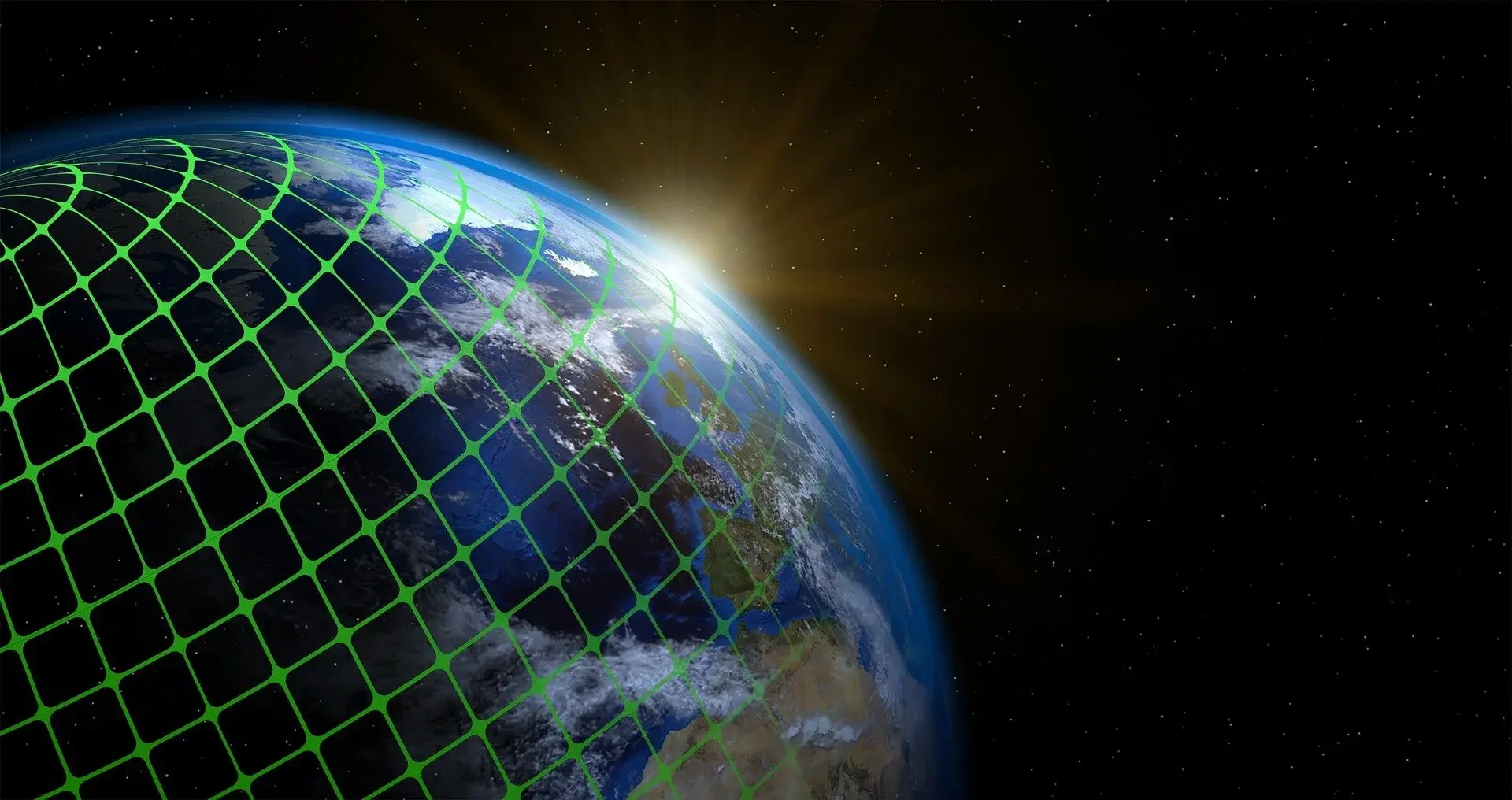The simulated universe theory implies that our universe, with all its galaxies, planets and life forms, is a meticulously programmed computer simulation. In this scenario, the physical laws governing our reality are simply algorithms. The experiences we have are generated by the computational processes of an immensely advanced system.
While inherently speculative, the simulated universe theory has gained attention from scientists and philosophers due to its intriguing implications. The idea has made its mark in popular culture, across movies, TV shows and books—including the 1999 film “The Matrix.”
The earliest records of the concept that reality is an illusion are from ancient Greece. There, the question “What is the nature of our reality?” posed by Plato (427 BC) and others, gave birth to idealism. Idealist ancient thinkers such as Plato considered mind and spirit as the abiding reality. Matter, they argued, was just a manifestation or illusion.
Fast forward to modern times, and idealism has morphed into a new philosophy. This is the idea that both the material world and consciousness are part of a simulated reality. This is simply a modern extension of idealism, driven by recent technological advancements in computing and digital technologies. In both cases, the true nature of reality transcends the physical.
Within the scientific community, the concept of a simulated universe has sparked both fascination and skepticism. Some scientists suggest that if our reality is a simulation, there may be glitches or patterns within the fabric of the universe that betray its simulated nature.
However, the search for such anomalies remains a challenge. Our understanding of the laws of physics is still evolving. Ultimately, we lack a definitive framework to distinguish between simulated and non-simulated reality.



That’s kind of where I’m at with the whole idea too. Should we be in such a situation, it just moves all our existing questions about “What is reality and the universe?” up one meta-level to the theoretical actual reality. I doubt we would stop finding out as much as is possible about this layer, but we would be wholly unable apply our findings or assumptions to the true reality.
But even if that true reality remains forever unknowable, it at least sets what I would consider some “sensible” bounds on our universe. As things are now, I’m not sure if I’m more dumbfounded by the idea of an infinite universe or a finite one - both boggle the mind for different reasons.